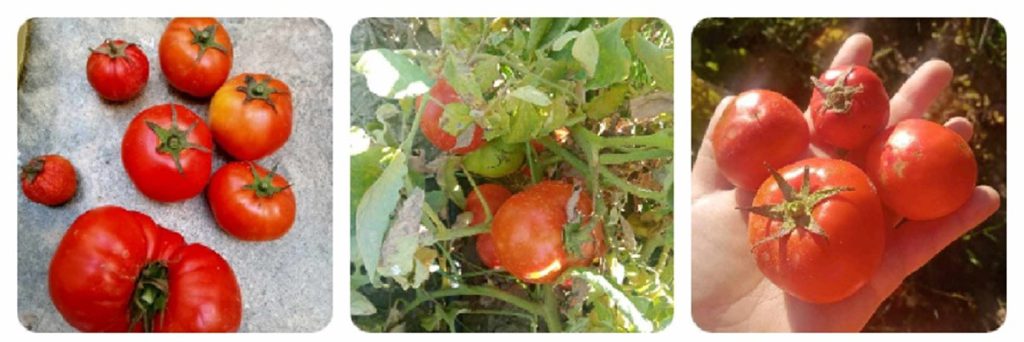
🍅🌿 Dive into the innovative agricultural practices taking root in Oued Souhil, Nabeul, where tomato crops are thriving under a unique irrigation system using treated wastewater. This approach, showcased by the PRIMA-SAFE project, highlights how treated wastewater can sustain agriculture in arid regions, turning a resource challenge into an opportunity for growth.
The wastewater treatment process ensures that water is free from harmful contaminants while retaining essential nutrients that benefit plant growth. This nutrient-rich water acts as both an irrigation source and a natural fertilizer, providing tomatoes with the nitrogen and phosphorus needed to thrive. The methodology includes careful water treatment protocols, soil monitoring, and crop testing to ensure that safety and quality standards are met throughout the process.
Field trials in Oued Souhil have yielded remarkable results: tomatoes irrigated with treated wastewater not only show vibrant growth but also maintain excellent quality. The practice is cost-effective for farmers, reducing dependence on chemical fertilizers and conserving freshwater resources. By creating a closed-loop system that recycles water and nutrients, this methodology addresses both water scarcity and soil health, supporting resilient agriculture even in challenging climates.
This project serves as a model for regions facing similar water scarcity challenges, demonstrating that wastewater irrigation can be both safe and productive. As the PRIMA-SAFE project continues, the lush tomato fields of Tunisia are proving that sustainable water management can drive agricultural success.

